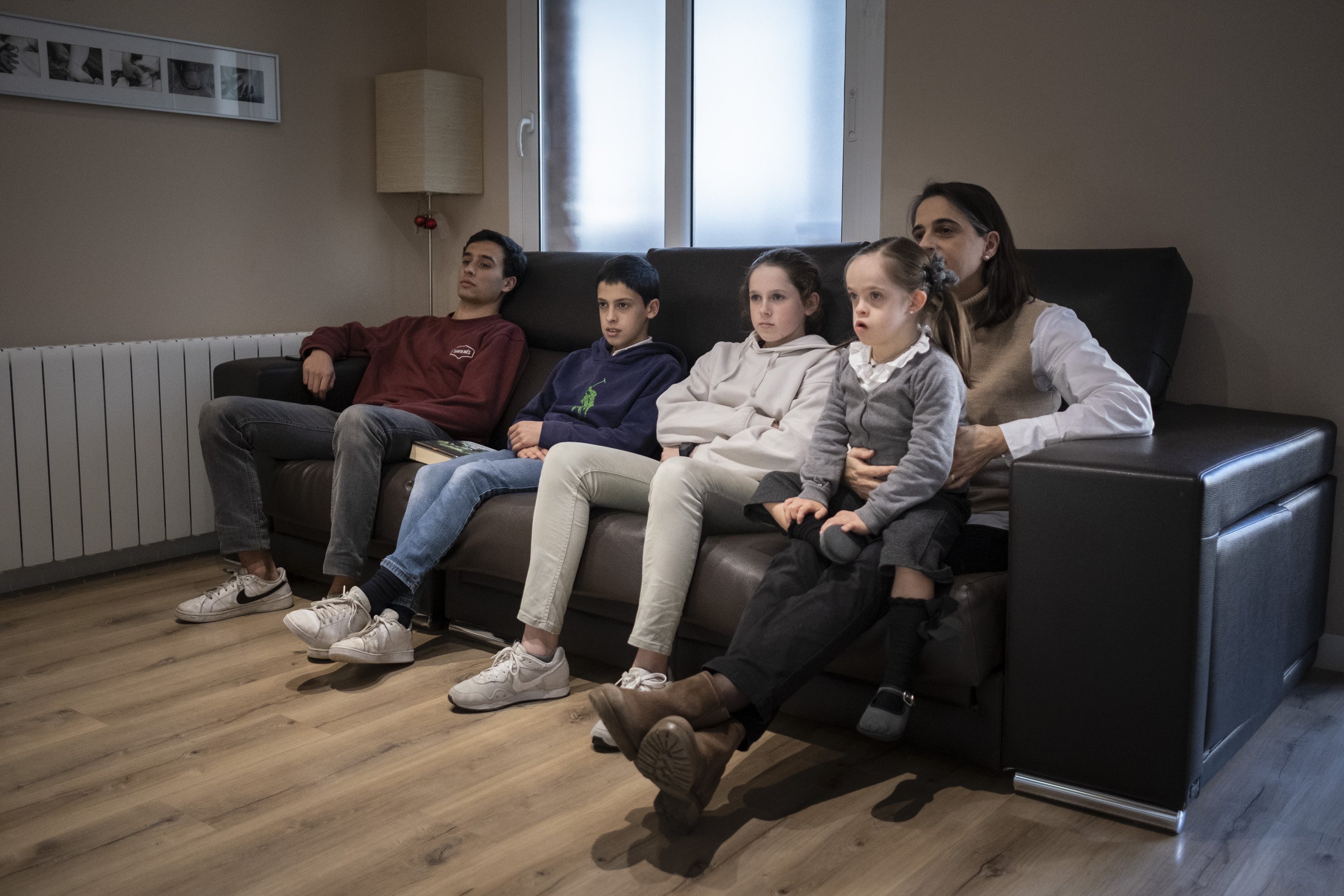The Barcelona Metropolitan Area (or AMB, in its Catalan acronym), which comprises the 636 square kilometres where 3.2 million people live around the Catalan capital, is not a cheap place to live. Inflation and the high price of housing mean that the living wage - that is to say, the minimum monthly salary required to be able to pay rent and expenses and live decently - is higher than elsewhere. The average living wage in 2022 was 1,447.49 euros per month, 7.58% more than the 1,345.48 euros that a working person needed in 2021 to meet basic household needs, according to the annual study of the supra-municipal AMB public entity. The average is the result of weighting that of the city of Barcelona, which is 1,552 euros, and that of the other cities in the metropolitan region, whose combined average is 1,394 euros.
The inflation precipitated by the invasion of Ukraine has caused energy prices to soar, as well as the price of the shopping basket. In 2022, monthly shopping expenses were, on average, 92.48 euros more expensive than in 2021, and utilities (water, electricity, gas and telephone) cost 41.46 euros more. Thus, the average cost for food and drink ranges from 236 euros per month for a single person to 957 euros for a household of two adults with children, with a weighted average of 559 euros. All items, except for transport, have increased in cost compared to last year. But nothing has risen more than clothes and accessories, 40% more expensive, with an approximate expenditure of 29 euros per month for a single person, 142 for a household with two adults and children and 81 euros as a weighted average.
A single parent with children needs 2,500 euros per month
If clothes represent 3% of the basic needs for each home and covering food and drink means allocating 22% of monthly salary, nothing takes a greater percentage of our income than accommodation, to which we in Barcelona have to dedicate 34% of our monthly budget. This is one percent less than in 2021, but the difference is explained by the rise in the price of other items, not because housing costs have fallen. Thus, the minimum housing expenditure that a person living alone can expect to spend is 762 euros, a weighted average combining the average of 883 euros in the city of Barcelona with the 674 euros in minimum housing costs in the rest of the metropolitan area. Extraordinary expenses take 15% of the monthly wage, while household expenses take 12%. Personal expenses and leisure eat up 7% of salary for those who are at the reference level, while education takes 4% and transport 2%, two percent less than in 2021, mainly due to the lowering of transport prices promoted by the Spanish government and Catalan authorities. Personal hygiene takes up 1% of a monthly living wage.

The study analyzes the differences between the average wage and average housing expenses needed both in the city of Barcelona and in the cities of the metropolitan area, and also differentiates between types of household, from individuals living alone to households of two adults with young children. A single person needs 1,735 euros per month to live decently in Barcelona and 1,495.85 euros to do so in the rest of the AMB, with an average of 1,596 euros per month. Single people with children are those who need the highest incomes just to get by, a level of 2,502 euros per month on average in Barcelona and 2,413 in the rest of the metropolitan region. Considering that the average monthly wage in Spain is 2,086 euros, the average female monthly income is 1,887 euros and the most frequent salary levels are between 1,100 and 1,500, it is clear that single-parent families have the hardest time living and paying the rent in and around Barcelona. Couples without children have it slightly easier, because - always assuming they are both working - they need to earn 1,097 euros each a month to live a minimum decent life in the metropolitan area, 1,191 if they live in Barcelona or 1,038 in other towns. Even less salary is needed by households with three adults without young children (in such cases, it may be a shared apartment or a family with a grown-up daughter or son who is contributing to the family economy), and thus they can get by in Barcelona with a monthly wage of 967.55 euros for each adult, an amount lower than the minimum wage, and 863 euros in the rest of the region. On average, a monthly salary of 901 euros allows people in the AMB to live decently - in groups of three adults under the same roof.
The percentage of salary allocated to each item changes radically depending on the type of household that people live in. Single people earning the monthly reference salary spend 48% of it on housing - almost half - while a single person with children would only spend 35%. This is simply because a single person with children has to devote more of their income to other items dedicated to children, and since they have to earn more just to keep their family afloat, the accomodation accounts for a smaller percentage. The level of the living wage in Barcelona has grown rapidly over the last six years, precipitated above all by the increase in the cost of housing. The increase in housing costs between 2016 and 2022 was 42.6% in Barcelona, 35.1% in the other metropolitan cities and 38% on average.

